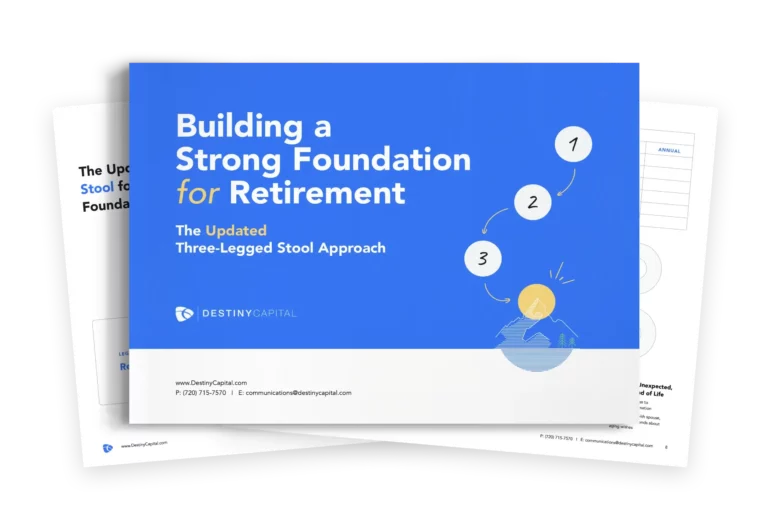The Seven Elements of Alimony Payments
One of the last steps of the divorce process is determining how much, if any, alimony needs to be paid from one spouse to the other. It is one of the final steps because how the property itself is divided (marital and/or non marital property) is a major factor in determining spousal support. If alimony is to be paid, there are seven factors that are required to qualify the payments from one spouse to another as spousal support.
Without all seven of these elements, a court would not recognize the transfer of money from one spouse to another as alimony.
The seven requirements are…
- The payments must be made in cash or some other cash equivalent such as check or money order
- There needs to be a court order written out
- The spouses must agree that the payments will receive spousal support tax treatment
- The spouses may not be living in the same household
- The payments must end with the death of the paying spouse
- The spouses may not file a joint tax return
- No portion of the payments may be treated as child support
Let’s take a closer look at all seven elements
- The cash or cash equivalent requirement really means giving property from one spouse to the other, or one spouse performing services for the other, does not qualify as spousal support. Although, if the paying spouse pays for something on behalf of the recipient spouse, that does qualify as an alimony payment.
- Let’s look at an example. Say the wife is court ordered to pay her ex-husband $2,000 a month as spousal support and the ex-husband was able to stay in their marital home which has a $1,000 mortgage payment. If the wife pays the mortgage payment by writing a check to the bank instead of her husband, this is considered to be $1,000 payment of the alimony she is required to pay.
- Now let’s say after the divorce the wife still owns 50% of the house. If she makes that same $1,000 mortgage payment, only 50% of the payment would be considered an alimony payment because she owns half of the house.
- On the other hand, if the wife from this same example decides to mow the lawn, which the mowing service has a $50 value, the service provided is not considered an alimony payment.
- There needs to be a court order explaining the amount of alimony to be paid. For example, if the husband is required to pay $500 a month to his ex-wife, but feels that he should pay more so he decides to pay an extra $200 a month. The extra $200 a month would not be considered spousal support and would not be treated as such in the eyes of the IRS. The extra $200 a month would need to be added to the written separation agreement or court order for it to receive tax treatment as spousal support.
- The third requirement is exactly what it appears to be. To be considered alimony, both spouses must agree to have the alimony payment be taxable to the recipient spouse and tax deductible by the paying spouse. Both spouses need to be in agreement. Neither one can make a decision without the other agreeing.
- There are unique situations where this might not be the most favorable tax treatment. Each situation is different and all circumstances should be considered.
- At the time the payment is made, the spouses may not be living together. If the couple decides to share a living space (for example, he lives in the basement while she lives upstairs) any payment from one to the other is not considered alimony.
- The commitment of payment from one spouse to the other must end if the receiving spouse dies. This means there cannot be an obligation for the paying spouse to continue payments to the estate or beneficiaries of the receiving spouse.
- On the other hand, the written agreement may specify for payments to continue after the death of the paying spouse. Alimony may be taken from the estate of the paying spouse.
- Your tax filing status (i.e. married filing joint, or single) is determined by your marital status on December 31st of that tax year. It does not matter if you get a divorce on January 1st or December 1st. If you are not married on the last day of the tax year, you may not file a joint tax return.
- Any amount of spousal support paid that could be considered child support is not treated as spousal support. There are a few factors that could change an alimony payment to a child support payment. The most common is if spousal support declines when a child reaches age 18, 21, or the age of majority in his/her state.
- For example, if the wife has been paying her ex-husband $2,000 a month for many years, then when their child turns age 18, she begins to pay her ex-husband $1,500 a month. The decline looks like it was contingent on the child reaching age 18 which means $500 a month, for all the years the wife has been paying alimony, could be considered child support. This can create a very large problem because tax returns for previous years will need to be amended.
If all seven of these requirements are not met, the IRS will not allow payments from one spouse to the other to be considered alimony and the payment will not be allowed this tax treatment. Often times the alimony tax treatment is more favorable and actually better for both the paying and receiving spouse. It is a good idea to make sure all seven elements are present with every alimony payment.
Have any questions or concerns? Talk to one of our advisors today!
{{cta(‘b98204c7-0e0e-4d3b-895d-e54ef00e4f97′,’justifycenter’)}}
The content of this communication is provided for informational purposes only. It is not intended nor should it be viewed as investment, tax or legal advice. No one should act or refrain from acting on the basis of any information without seeking the appropriate professional counsel on his or her particular circumstances. Although every effort is made to provide accurate and useful information, Destiny Capital Corporation and Destiny Capital Securities Corporation assume no legal liability for the accuracy, completeness, or usefulness of any information disclosed in this communication.
Securities offered through Destiny Capital Securities Corporation, member FINRA and SIPC
Share this
Stay Ahead with Smart Investments
Learn how to invest wisely and minimize risks to protect your retirement savings.
Achieve Your Retirement Goals
Get personalized advice to meet your retirement goals. Book your call with Destiny Capital now.




